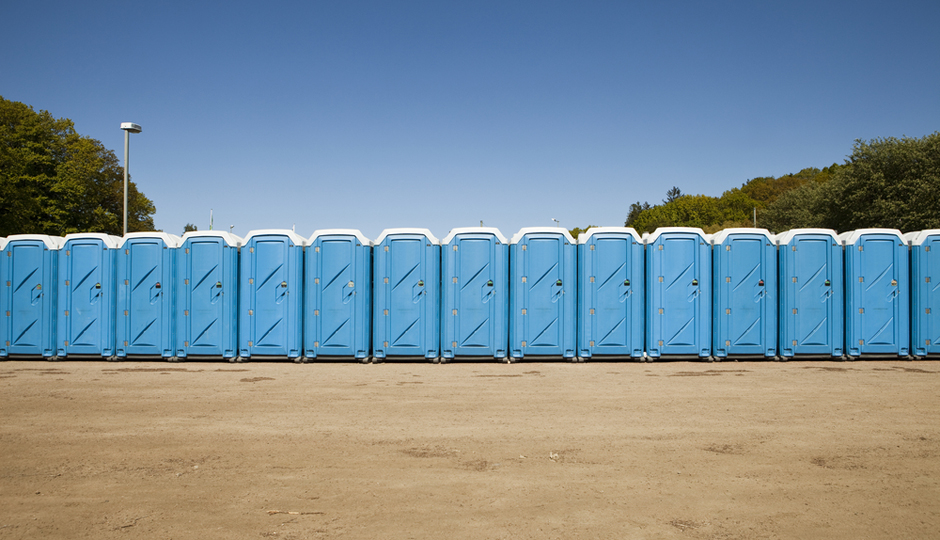Why Running Makes You Poop
A while ago, I was on the phone with a friend who shall remain nameless when they told me a story that involved a long run, a serious bathroom emergency, no bathroom in sight, and an ending that left them with some of their dignity missing.
Gross? Maybe. But when it comes to runners, no poop story is really a surprising poop story. Runners talk about their bathroom habits more than any other group of humans I have ever come across. And the reason — to anyone who has ever gone on a run, at least — is probably obvious: Because, well, running makes you poop.
So, after hearing one too many number-two stories, I wondered: But why? Then, I reached out to Dr. Christine Meyer, an Exton-based internist and founder of the run-for-charity group Team CMMD (and this year’s Health Hero Challenge winner!). I asked her straight-up: Why does running make you poop? She jokingly told me I’d have to buy her dinner before we starting talking GI tracts, then spilled.
As Dr. Meyer explains, there is no definitive answer for why running makes you run to the bathroom (see what I did there?). That said, there are two leading theories that seem to make sense. The first is that serious runners who are actively training tend to have higher gastrointestinal motility. In non-doctor speak, that just means that things are moving through you faster to begin with. Then, when you run, your body naturally releases hormones that increase the sensitivity of your gut lining, which can cause your gut to become irritable. Add this to the fact that your GI motility is already high to begin with, and things start flowing really quickly. Cue embarrassing bathroom-less long-run story.
And to make matters worse, when fueling for runs, many runners exacerbate this problem even more by reaching for foods that are high on the glycemic index (Think: white pasta) or foods that are high in fat (Hi, avocado on everything), both of which can irritate an already spasm-y gut. To avoid upsetting your runner’s gut more, Dr. Meyer suggests reaching for a combo of protein and complex carbs before a long run, rather than gorging on simple carbs.
So that’s the first theory. The second theory? Well, this one has to do with nerves. As Dr. Meyer tells me, when you’re anxious, even subconsciously, your body enters into fight-or-flight mode. So maybe you’re anxious about your first race, or your first long run, or your first run ever — and maybe you don’t even know you’re anxious. Whatever the reason may be, once you enter into fight-or-flight mode, your body releases a rush of hormones called catecholamines, designed to help get you out of dangerous situations fast. (Because even though running Broad Street, something you might be nervous about, isn’t particularly dangerous, your body doesn’t know that.) And “one thing that makes you move faster is lightening your load,” Dr. Meyer explains. In other news: Dr. Meyer is quite possibly the most eloquent bathroom-talk talker ever.
There are other theories floating around the Internet — like the idea that the act of running makes your intestines bounce around in your body, which irritates them — but Dr. Meyer says these two are the ones that make the most sense in her book.
When I asked Dr. Meyer if runners can do anything to stop an embarrassing situation in its tracks, she made it clear: When you feel it coming, it’s coming. And this, she says, explains why the port-a-potties at the Broad Street Run are so darn foul. That said, one thing you can do to lessen the chance of an uncomfortable running experience is read this guide to “How to Make Yourself Poop” before going on a run. Published where? Runner’s World, of course.
Like what you’re reading? Stay in touch with Be Well Philly — here’s how:
- Like Be Well Philly on Facebook
- Follow Be Well Philly on Twitter
- Follow Be Well Philly on Pinterest
- Get the Be Well Philly Newsletter



